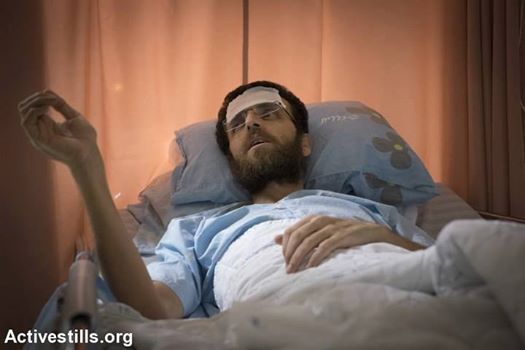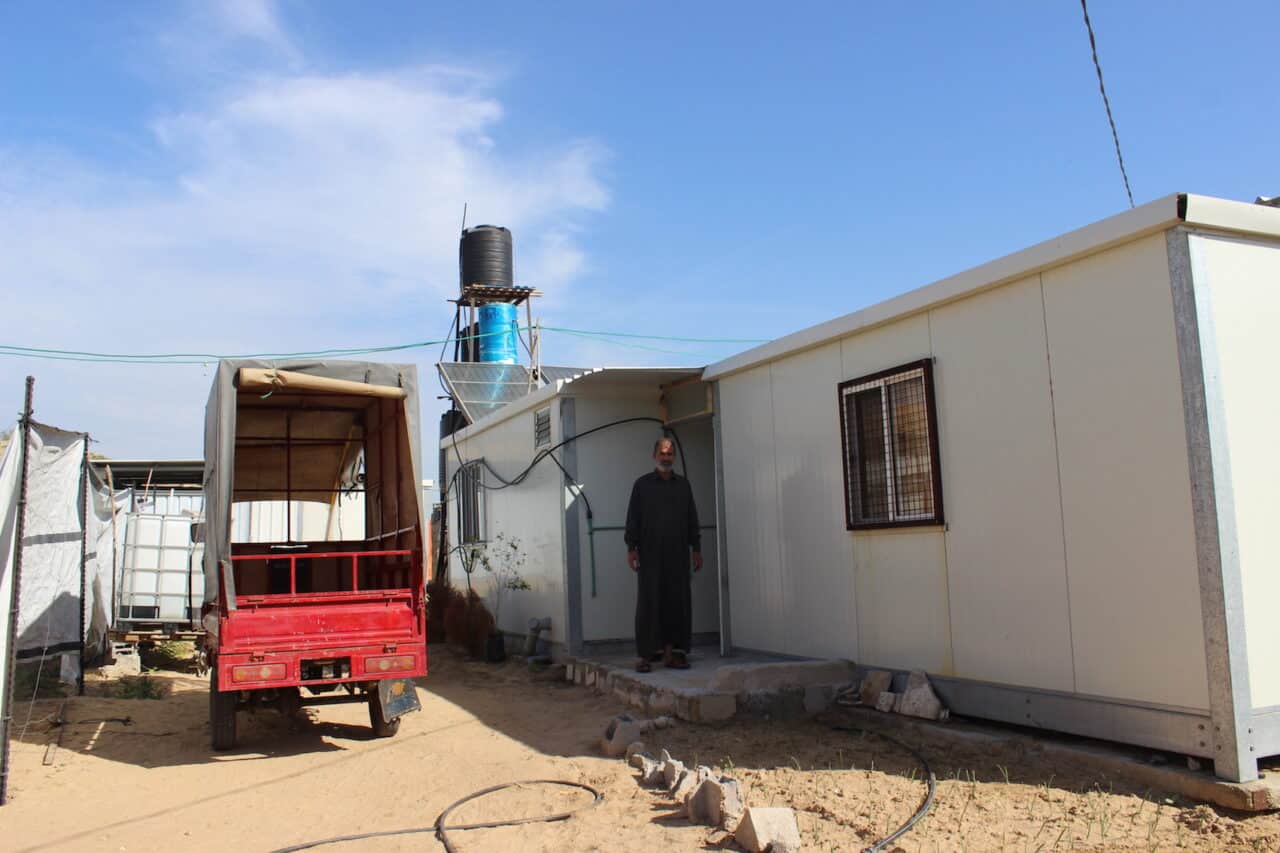-
Call for Action! Protest to demand Mohammed Al-Qeeq’s freedom!
11th February 2016 | International Solidarity Movement | Palestine URGENT CALL FOR ACTION – Palestinian journalist is nearing death on hunger strike for freedom. 33-year-old Mohammad Al-Qeeq’s health condition is deteriorating rapidly. He has lost over half his body weight, and is unable to see or talk properly; there is imminent threat to […]
-
Palestinian refugees fleeing Syria seek home in Gaza
February 11, 2016| International Solidarity Movement, Gaza team | Khan Younis, Gaza strip, occupied Palestine Palestinian refugee Heesham Ahmed El Khoranin and his family have already survived 2 Israeli assaults against the Gaza Strip since he returned after fleeing from Syria in 2011. Heesham grandparents were born in Masmiya, 42km north of Gaza, one of […]
-
Home demolition in Beit Hanina forces family to move into Shuafat Refugee Camp, East Jerusalem
10th February 2016 | International Solidarity Movement, Ramallah Team | East Jerusalem, occupied Palestine Yesterday evening, we went to visit 55 year old widow, Kifaya Rishek, after her home in Beit Hanina, occupied East Jerusalem, was demolished on the 27th of January. After losing her house in Beit Hanina, where she lived together with […]
Action Alert An Nabi Saleh Apartheid Wall Arrests BDS Bethlehem Bil'in Cast Lead Demonstration Denial of Entry Ethnic Cleansing Farmers Gaza Global Actions Hebron House Demolition International law Israeli Army Jerusalem Live Ammunition Nablus Ni'lin Prisoner Ramallah Rubber-coated steel bullets Settlement Settlers Settler violence Tear-Gas Canister Video



